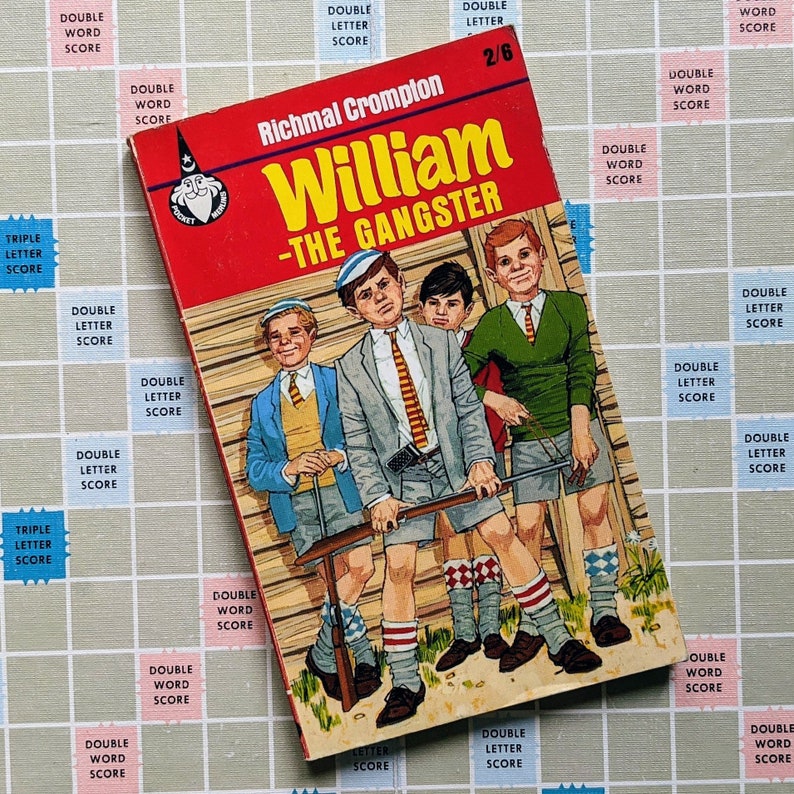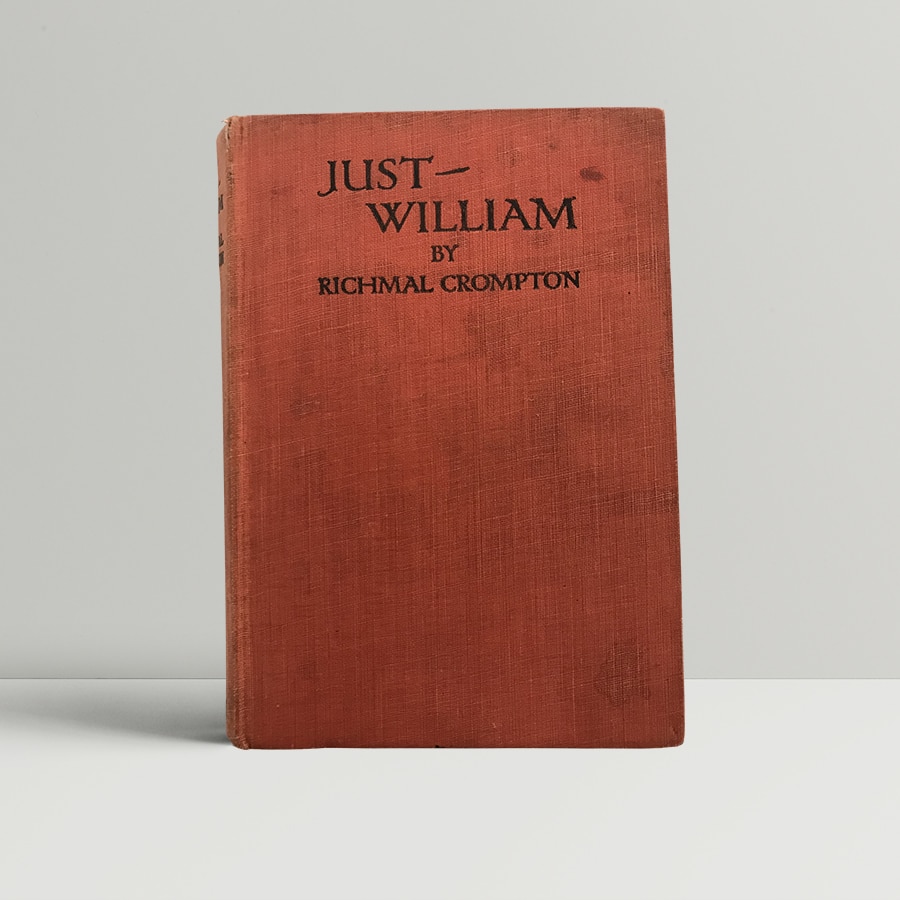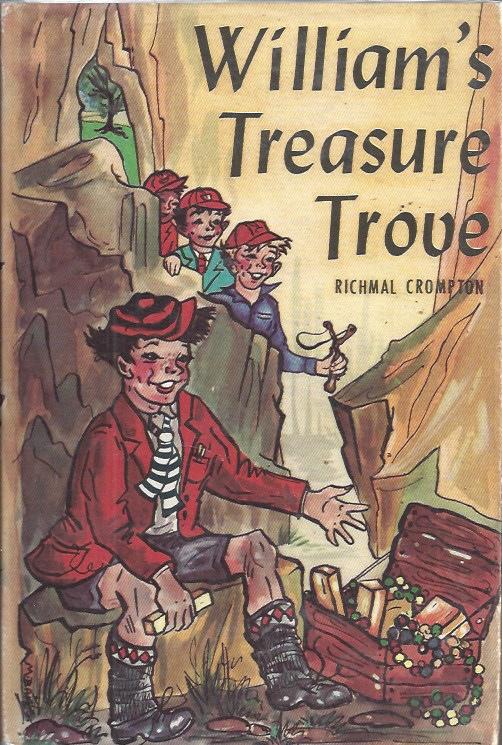

The most abiding sentiment is of when the four friends dressed up as clergymen and one of them chooses to call himself sister so-and-so instead of brother.


But, I kept remembering bits of it over the years and giggling to myself. I did not fully appreciate the humour, which was so intrinsically British and stitch-in-the-side causing, when I read it as a kid. The collection ends on an unexpectedly optimistic note, with glimmers of hope for redemption of a group that Crompton has otherwise treated very unsympathetically. They were not out to prove themselves little gentlemen. The Outlaws, however, did not regard the matter as beneath contempt. They had told the Outlaws that little gentlemen would regard the matter as beneath contempt. (Those ends may variously include sweets, spending money, avoidance of punishment, etc.) But Compton isn't fooled children have a fundamentally different value system, and their perceptions and motivations are likewise very different from what the more naïvely nostalgic grownups expect.Īt one point, a rival group of boys deliberately wrecks William's party the week before Christmas, in such a spectacular manner thatĮven the adult relations of the Outlaws had resented this outrage. Because adults are the powerful ones, children must sometimes conform (or appear to conform) to adult rules – or even simulate acceptance of adult values – for their own ends. One highlight is a story about William's short-lived and amusingly off-base religious mania – the Outlaws' banner says "Down with Idyls" – which is beautifully punctured twice, independently and with private amusement, by two clear-eyed men.Īt the core of the William stories is the eternal conflict between adults and children. Another fine collection, though the tiresome Violet Elizabeth makes a few appearances early on.


 0 kommentar(er)
0 kommentar(er)
